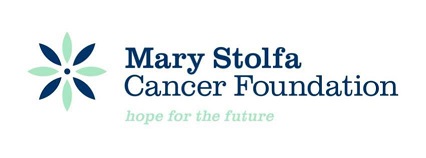Two researchers at the National Institutes of Health discovered a new genetic link between the rapid growth of healthy fetuses and the uncontrolled cell division in cancer. The findings shed light on normal development and on the genetic underpinnings of common cancers.
The work, conducted using mouse and human tissue, appears in today’s issue of the Proceedings of the National Academy of Sciences. The authors, Julian C. Lui, Ph.D., and Jeffrey Baron, M.D., work at the Eunice Kennedy Shriver National Institute of Child Health and Human Development (NICHD).
"We’ve long known that some of the genes that promote rapid growth in prenatal and early postnatal life become reactivated in cancer cells," said Dr. Baron. "Now we’ve identified a molecular switch that appears to turn on some of these genes, taking us a step forward in understanding normal body growth and the abnormal growth in some types of cancer."
Before birth, a team of more than 200 growth-promoting genes is highly active, fueling the fetus’ explosive growth. After birth, these genes are gradually switched off, apparently to slow body growth as we age and approach adult size. In cancer cells, some of these genes can be switched back on.
One of the major growth-promoting genes is called IGF2. This gene is critical for normal prenatal body growth and is reactivated in many types of cancer, showing remarkably high activity in bladder and prostate cancer and some childhood cancers.
For years, scientists did not know what turned IGF2 on and off. Now, using a variety of techniques and tissue types, Drs. Lui and Baron found evidence that a protein known as E2F3 activates the IGF2 gene in normal development and in cancer — in particular, in bladder and metastatic prostate cancers.
More broadly, E2F3 appears to regulate not just IGF2, but also many other genes on the body-growth team. When E2F3 levels are high, these genes are active. When E2F3 takes a dive, so do these genes. The upshot is that E2F3 may function as one of the master switches that limit body growth. As such, it is of great interest as researchers seek to understand the complex genetic choreography responsible for normal growth and the diseases that result when it goes awry.
About the Eunice Kennedy Shriver National Institute of Child Health and Human Development (NICHD): The NICHD sponsors research on development, before and after birth; maternal, child, and family health; reproductive biology and population issues; and medical rehabilitation. For more information, visit the Institute’s website at http://www.nichd.nih.gov.
About the National Institutes of Health (NIH): NIH, the nation's medical research agency, includes 27 Institutes and Centers and is a component of the U.S. Department of Health and Human Services. NIH is the primary federal agency conducting and supporting basic, clinical, and translational medical research, and is investigating the causes, treatments, and cures for both common and rare diseases. For more information about NIH and its programs, visit www.nih.gov.
Posted by the National Institute of Health
April 9, 2013


